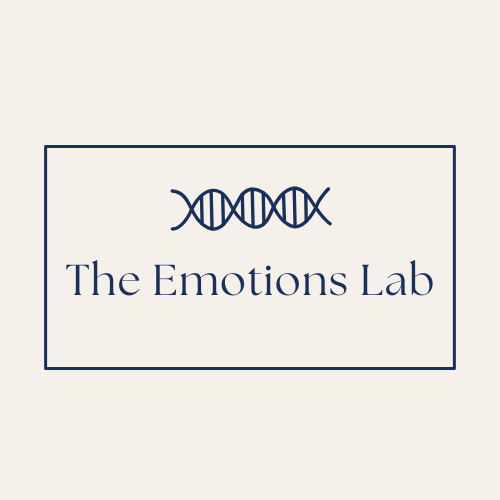Is your neurodivergent diagnosis a privilege?
Aug 21, 2025
So, I took on some holiday reading. And no, it wasn’t anything mainstream. If you know me, you’ll know I’ve never read fiction - honestly, I just don’t see the point! This remains something that mystifies my husband who is an avid reader of thrillers!
By reading, I also actually really mean listen to audio books. My choices?
🔹 Unmasking Autism by Devon Price
🔹 Aspergirls by Rudy Simone
These two books blew my mind.
We read constantly about emotional health and neurodiversity, it's part of the lifeblood of what we do at The Emotions Lab. To say we’re geeks on this would be an understatement. But these books offered something different. Something deeper. Something unsettling.
The System Isn’t Fair
Devon Price explores something I've felt but never quite seen expressed so clearly:
A neurodivergent diagnosis is often a privilege, especially for white, middle-class males.
Boys tend to be diagnosed earlier and more often. Why?
Because society is more tolerant of their “quirks,” differences, or struggles. Meanwhile, girls are socialised to mask, please, and blend in, even when deeply struggling. That masking means many aren’t identified until adulthood - if at all.
And the racial, and socio-economic disparities are just as stark.
The Stark Reality in Numbers
- Boys are 3–4x more likely to be diagnosed with autism than girls.
- A recent UK study showed Black children are diagnosed later, often with more misdiagnoses along the way.
- In one US review, white children were 19% more likely to receive an autism diagnosis than Black children, and 65% more likely than Hispanic children.
- Private autism assessments in the UK can cost £1,500–£3,000+, putting them out of reach for many. NHS waiting times often exceed 2 years.
So where does that leave us? With a huge, hidden population of people, often girls, women, and marginalised groups, who don’t know they’re neurodivergent. Who grow up thinking their pain, burnout, and confusion is just them.
There is stigma around diagnosis. But also privilege.
A paradox that’s as heartbreaking as it is enraging.
So What Do We Do With That?
Maybe we stop seeing diagnosis as the start of understanding and instead view it as one possible tool in a much wider lens. One that includes self-awareness, emotional understanding, and nervous system literacy.
Because a diagnosis can be life-changing.
It can offer validation, access to support, protection in education, even legal rights.
But what if the kind of help that changes lives didn’t depend on a diagnosis?
What if emotional support, sensory awareness, flexibility, and regulation tools were built into all areas of life, in homes, classrooms, workplaces, and healthcare?
At The Emotions Lab, we don’t work with people because of a diagnosis.
We work with people to understand what’s happening underneath the emotion, the biology, the hidden stress response.
If we want to create real change, we need to stop only supporting the ones who get picked up and start understanding the many who get missed.
If you would like to take the first steps to understanding your own emotional regulation, take our short mini course Regulate. Click here.
Contact Us!
Join our mailing list to receive the latest news and updates from our team.
Don't worry, your information will not be shared.
We hate SPAM. We will never sell your information, for any reason.

